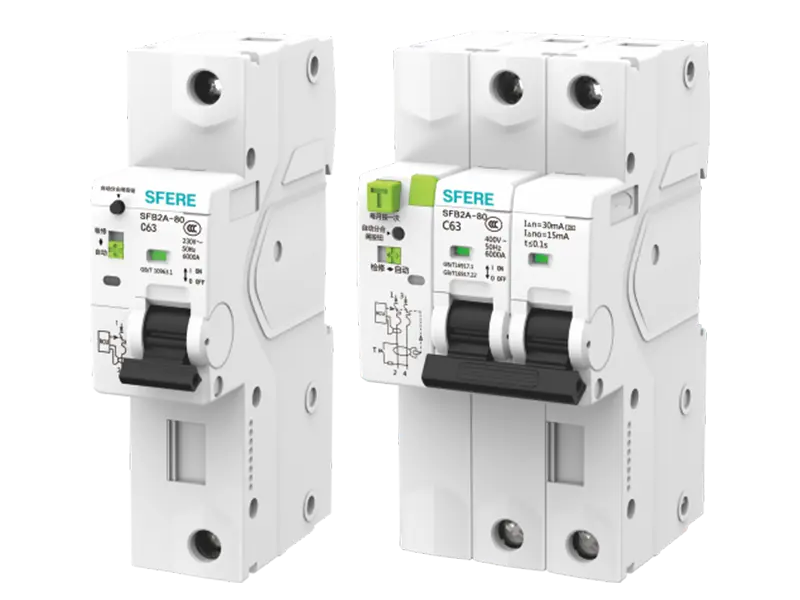In today's era of environmental protection and technological advancement, electric vehicles (EVs) are becoming a mainstream choice for future transportation. At the heart of this green revolution lies the electric vehicle charging meter, a critical device connecting vehicles with energy. With its smart, efficient features, it is leading the innovation and development of charging technology. This article delves into how the electric vehicle charging meter becomes the new engine of green travel and its unique value in promoting the adoption of electric vehicles and optimizing the charging experience.
Precision Metering and Safety Assurance
The primary function of an EV charging meter is to accurately measure the energy consumption during the charging process. With high-precision sensors and intelligent algorithms, it monitors critical parameters such as current, voltage, and power consumption in real time, ensuring accurate and reliable charging. Additionally, it offers multiple safety protections, including overcurrent, overvoltage, and short circuit protection, preventing potential accidents during charging and providing peace of mind for EV owners.
Smart Connectivity
With the rapid development of the Internet of Things (IoT), electric vehicle charging meters have entered a new era of smart connectivity. Equipped with built-in communication modules, these meters seamlessly connect with smartphones and cloud platforms, allowing EV owners to monitor charging status and costs anytime, anywhere. Furthermore, the smart connectivity feature can recommend optimal charging times based on the user’s driving habits and grid load conditions, helping to save on charging costs and providing a more convenient, economical charging experience.
High Efficiency and Energy Saving
Electric vehicle charging meters, one of power protection devices, also play a significant role in promoting green energy transition by optimizing charging strategies and improving efficiency, thereby reducing energy waste and carbon emissions. Some advanced EV charging meters support bidirectional charging, meaning that when the vehicle has excess energy, it can feed power back to the grid, enabling efficient energy flow and utilization. This feature not only alleviates grid pressure but also provides additional financial benefits to EV owners, further stimulating the EV market.
Integration with Smart Grids
As the construction of smart grids progresses, electric vehicle charging meters will integrate more deeply with the grid. By incorporating advanced communication technologies and control algorithms, these meters will respond to grid dispatch commands in real-time, participating in load regulation and balance. During peak load periods, they can automatically adjust charging power to prioritize residential electricity; during off-peak times, they can increase charging power to promote renewable energy consumption. This intelligent interaction enhances grid flexibility and stability while offering more flexible and convenient charging services to EV owners.
In conclusion, the electric vehicle charging meter, as the core component of the electric vehicle charging system, is becoming a key force in driving green travel with its precision metering, smart connectivity, and high efficiency. In the future, as technology continues to advance and applications expand, EV charging meters will play an even more important role in the adoption of electric vehicles, green energy transition, and smart grid construction, creating a cleaner, more efficient, and convenient travel environment for all.

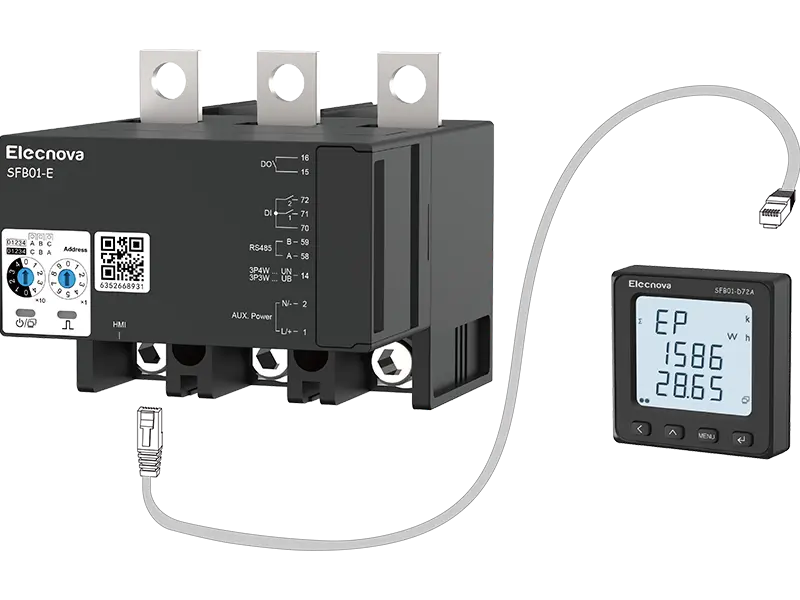
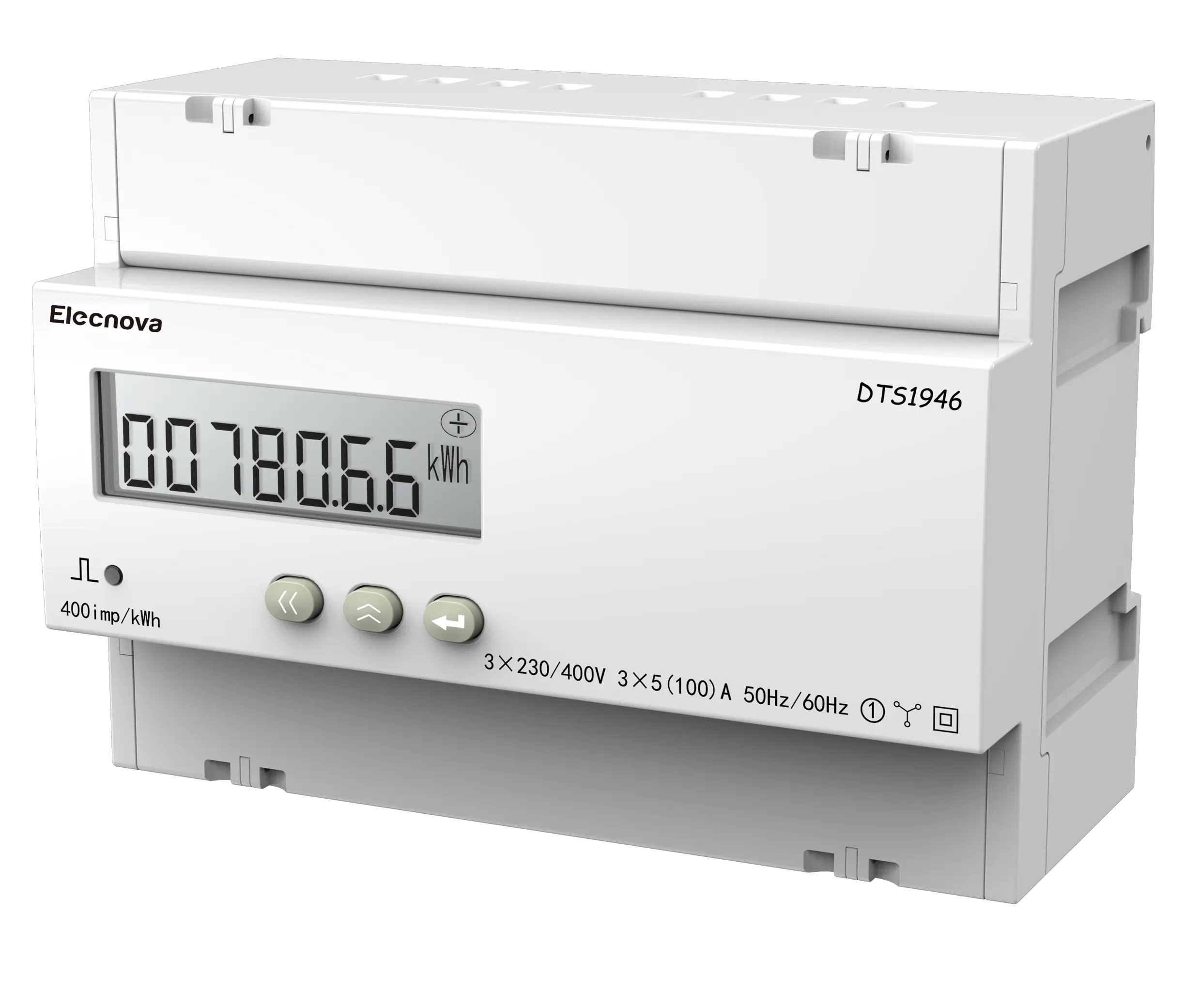
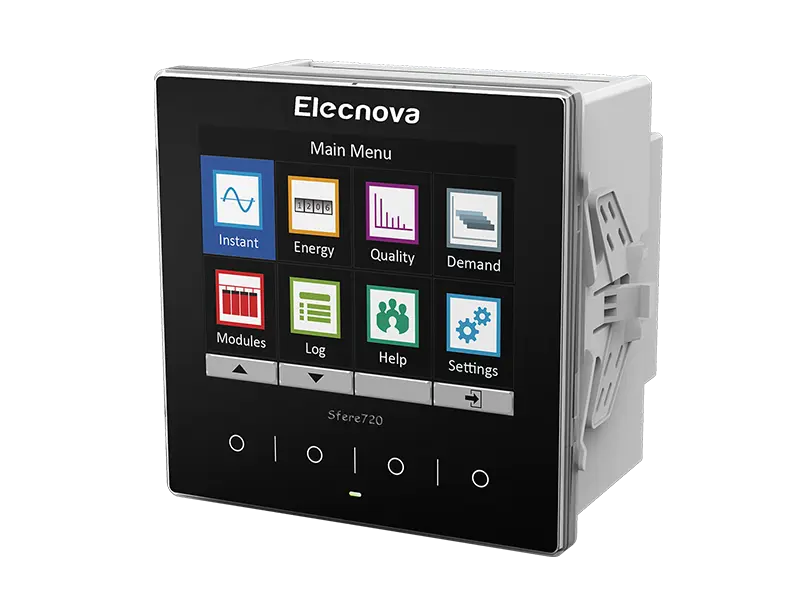
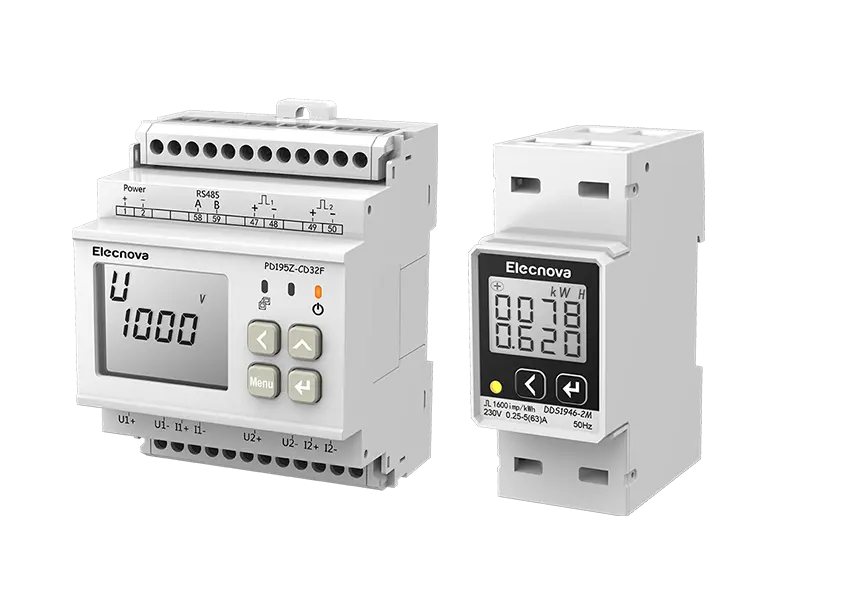
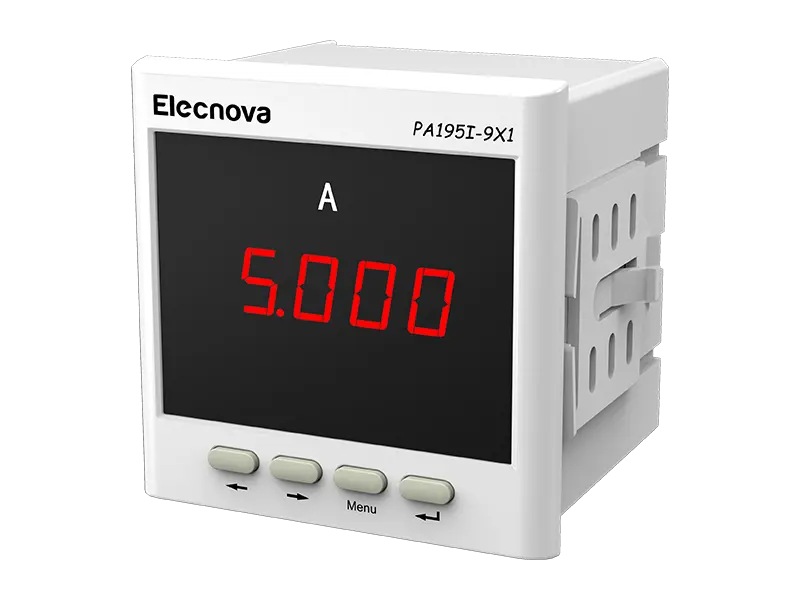
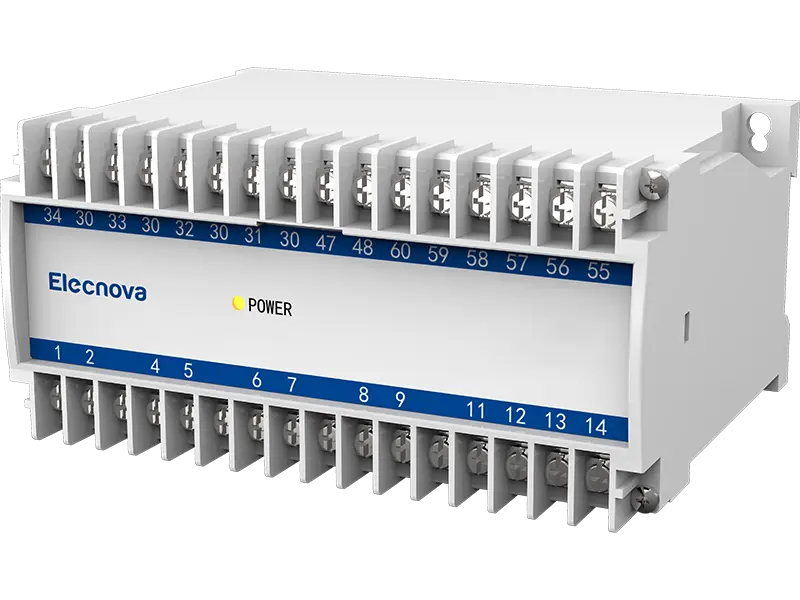
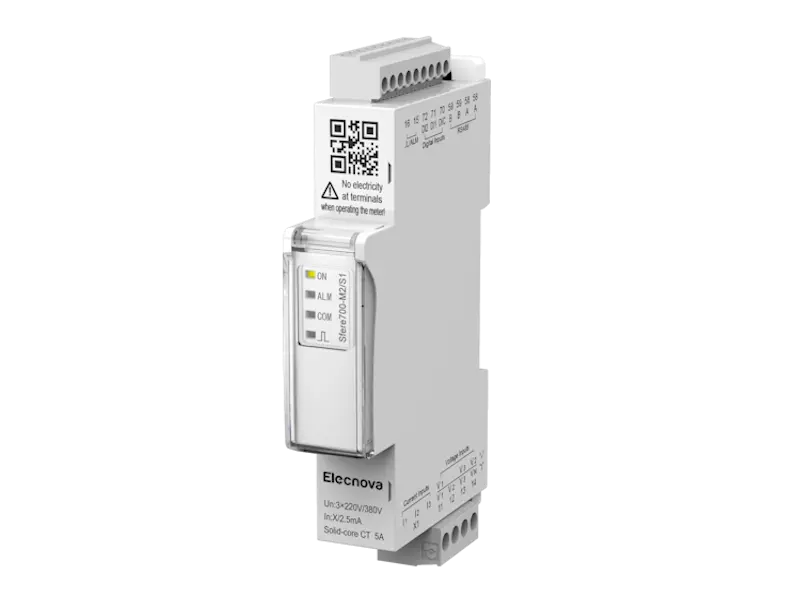
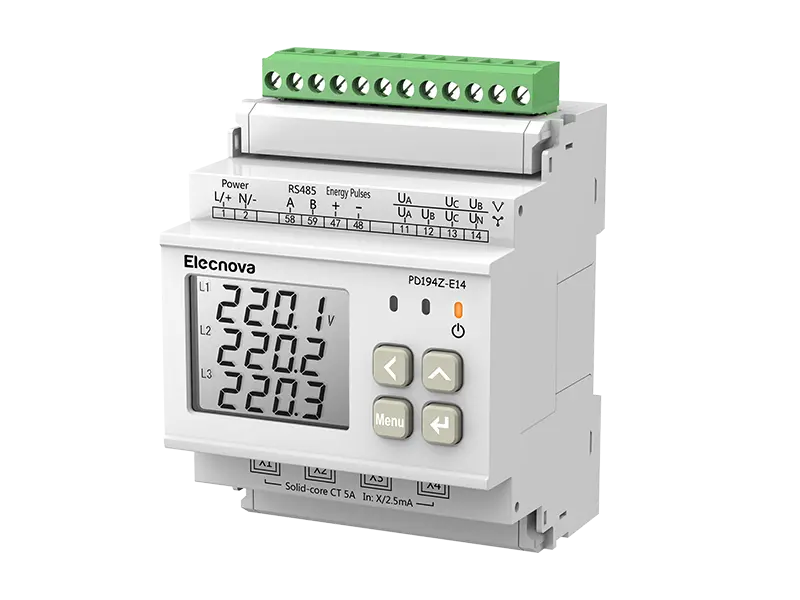
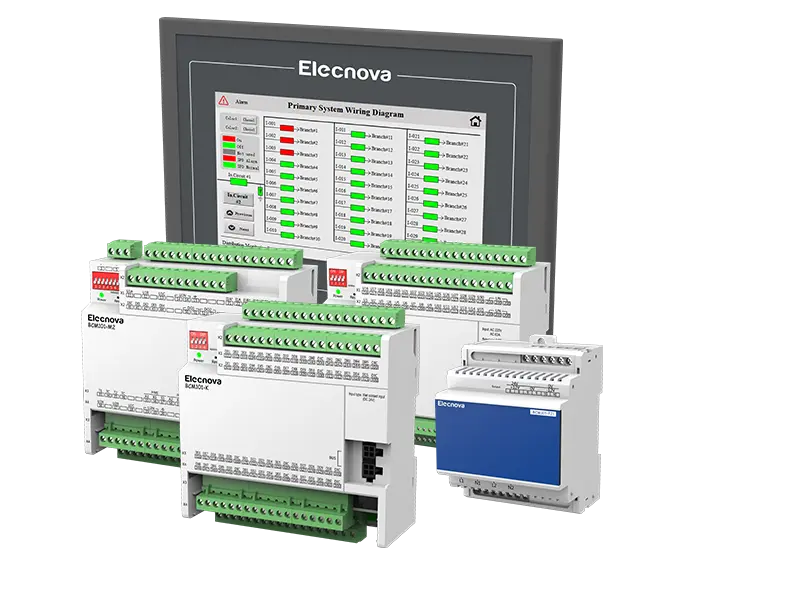
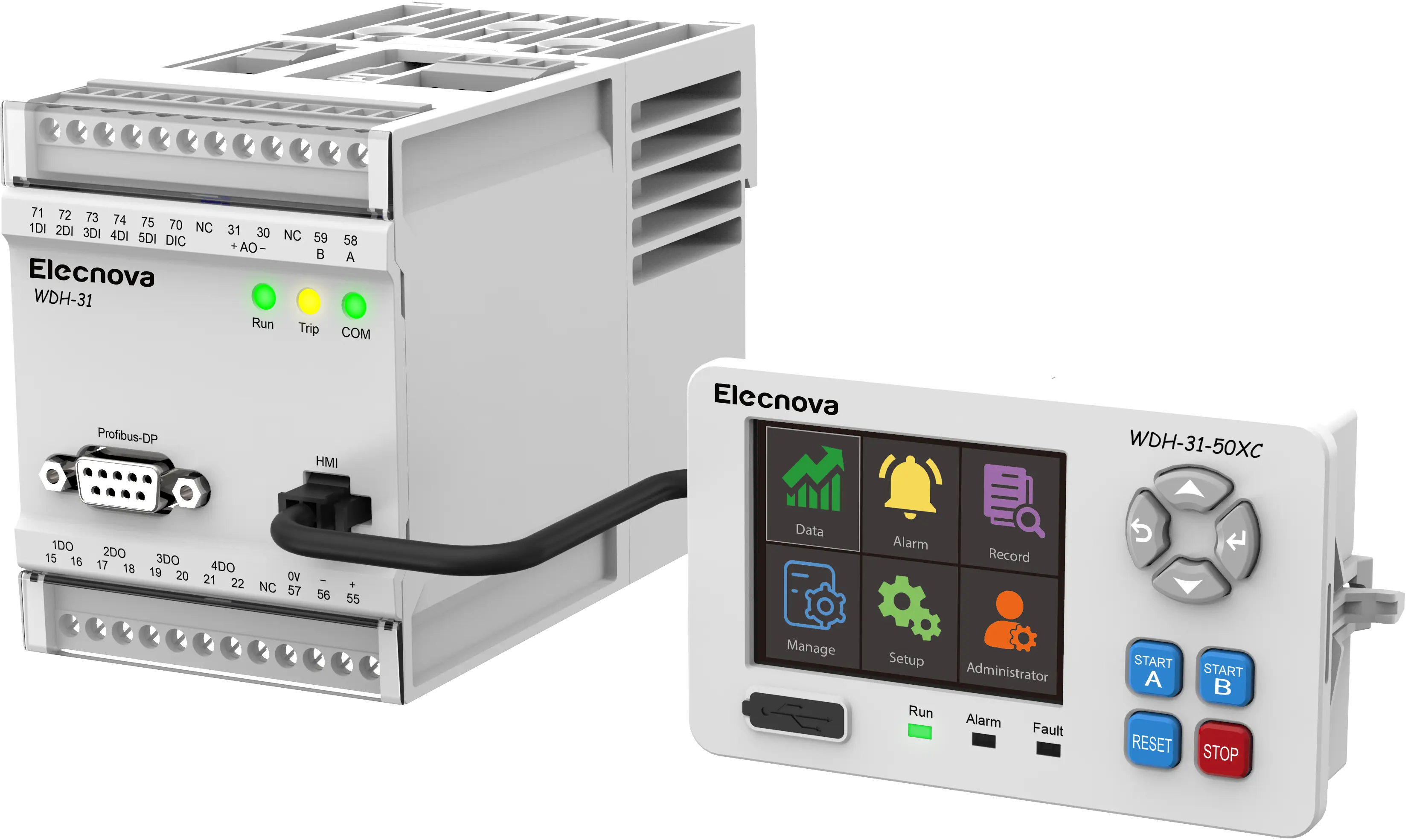

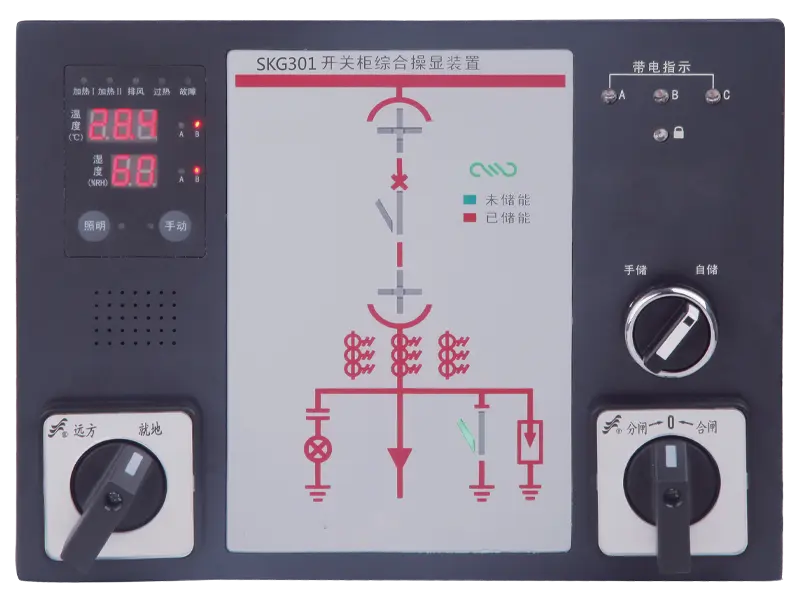
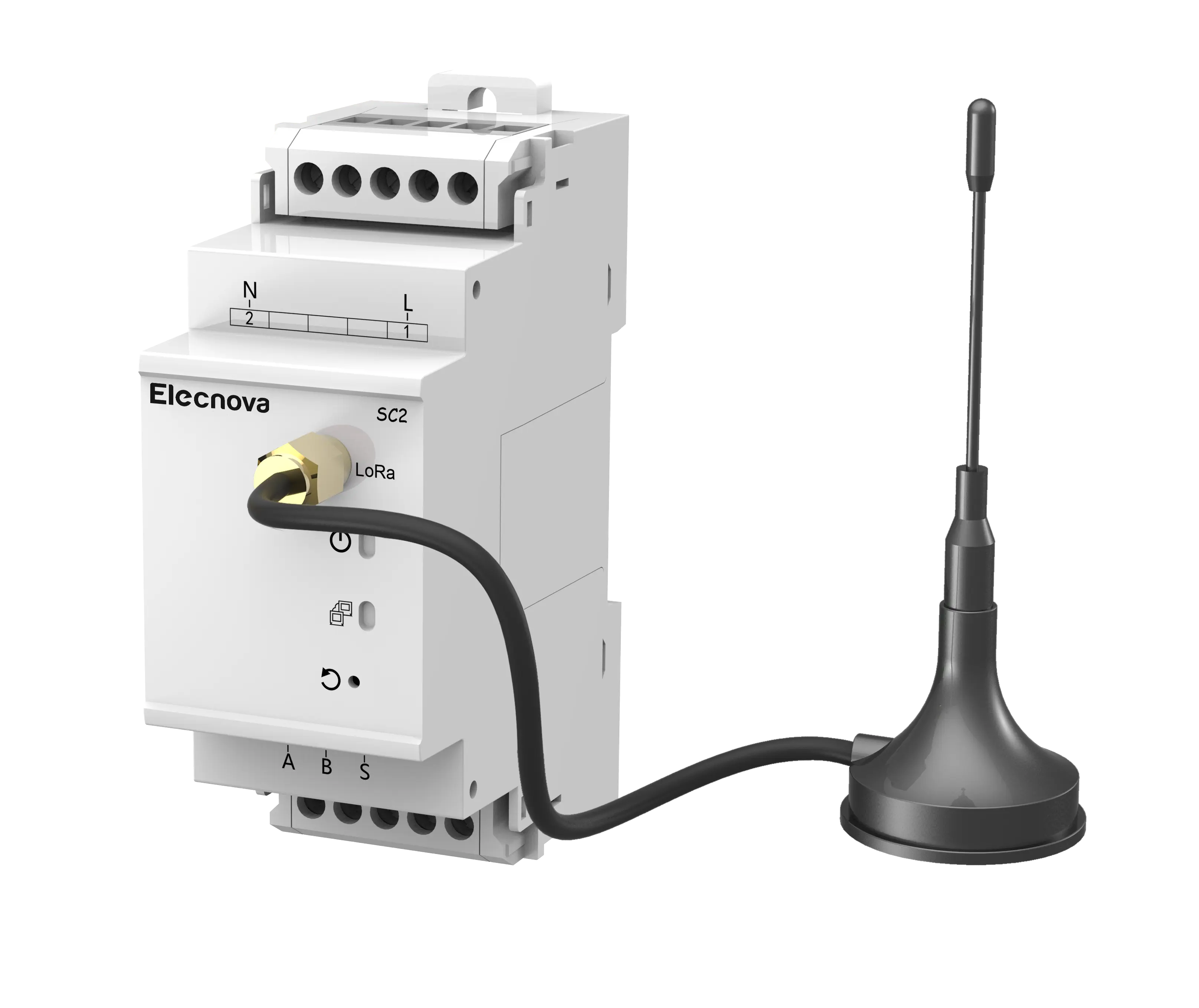
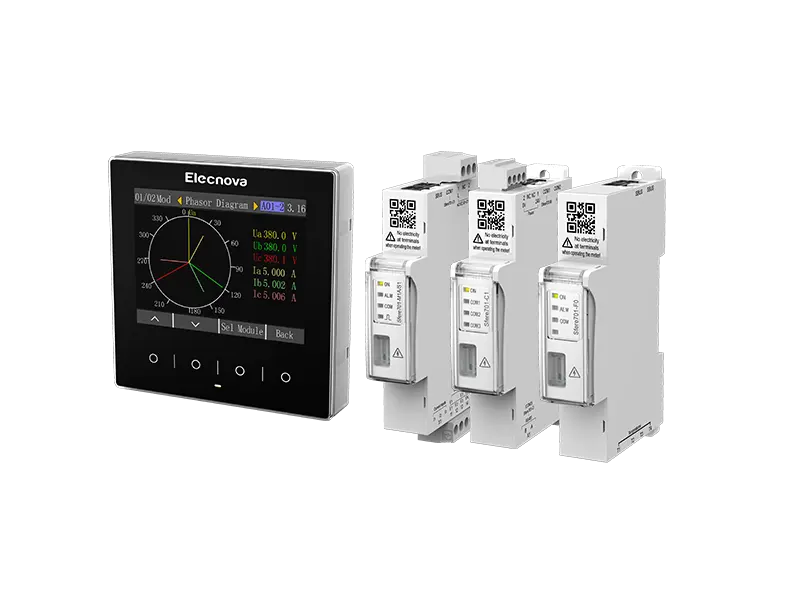

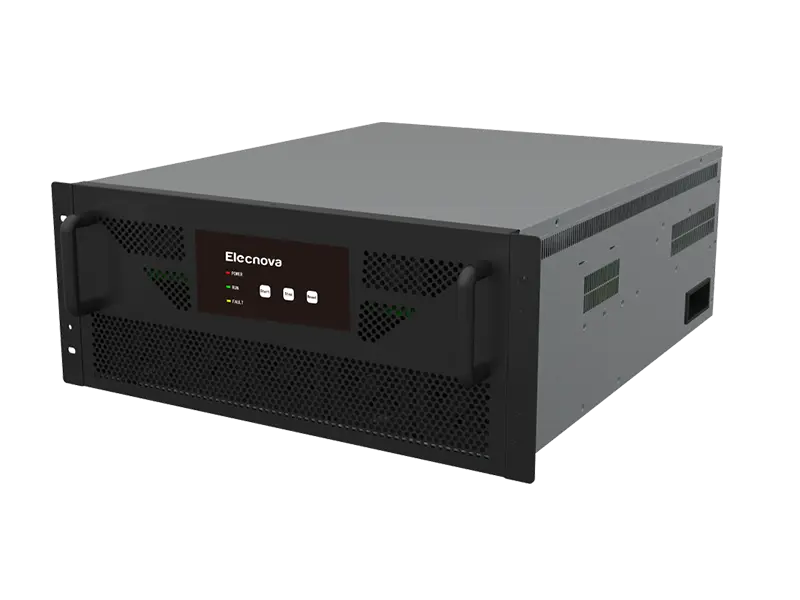
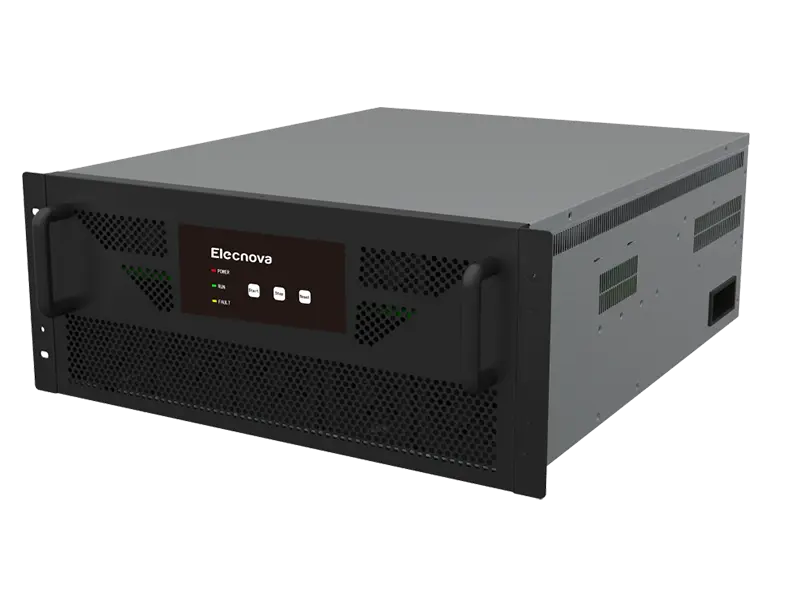


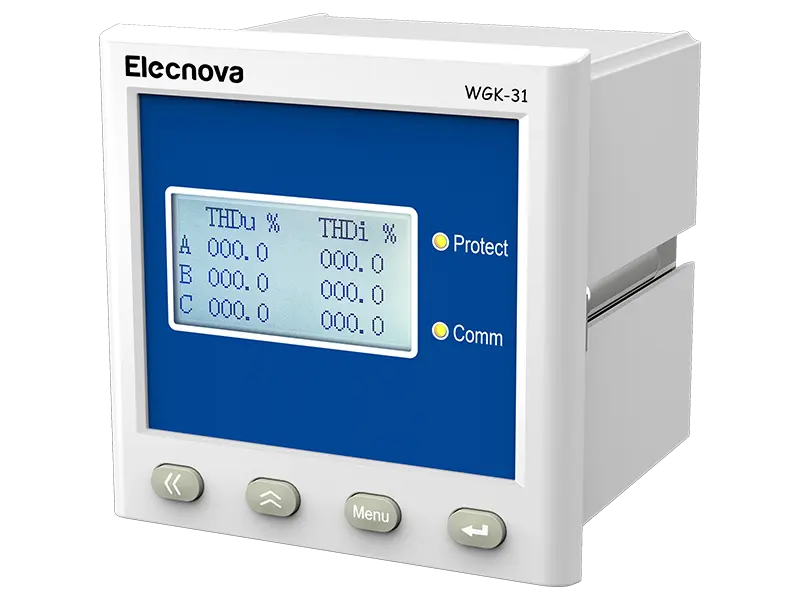
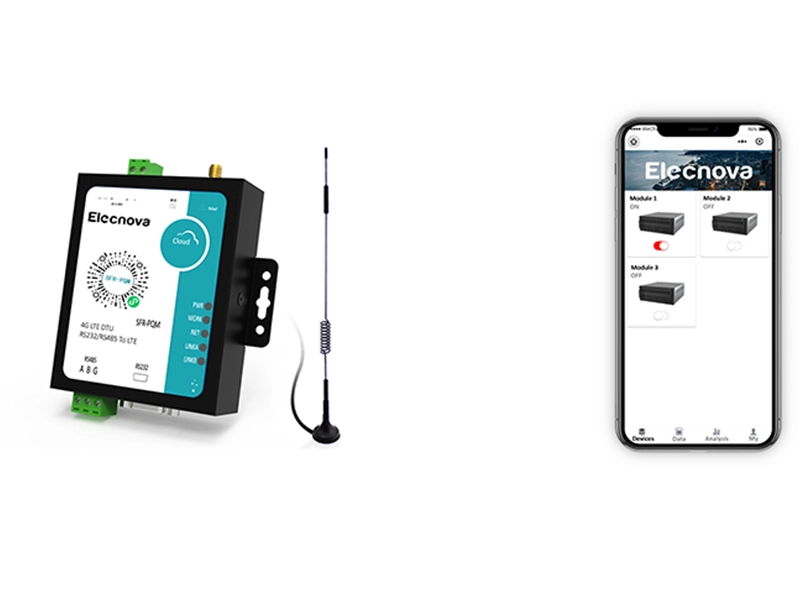
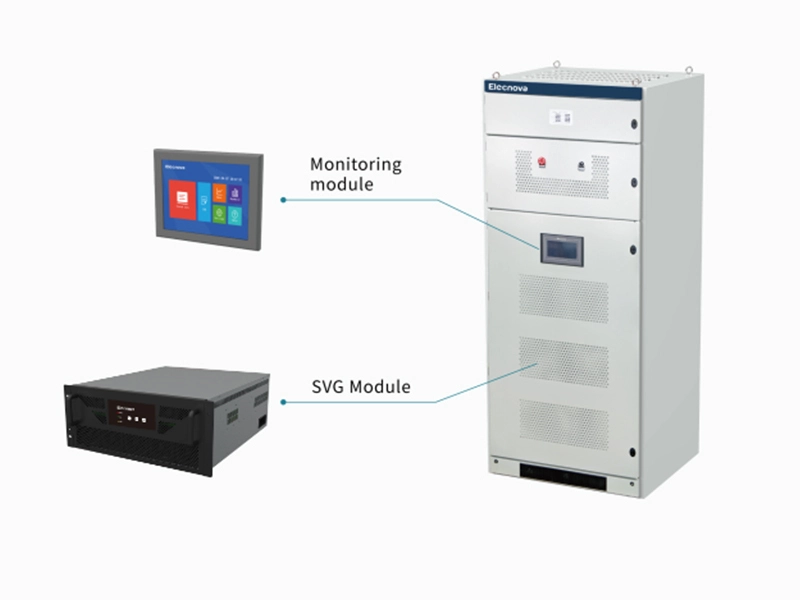

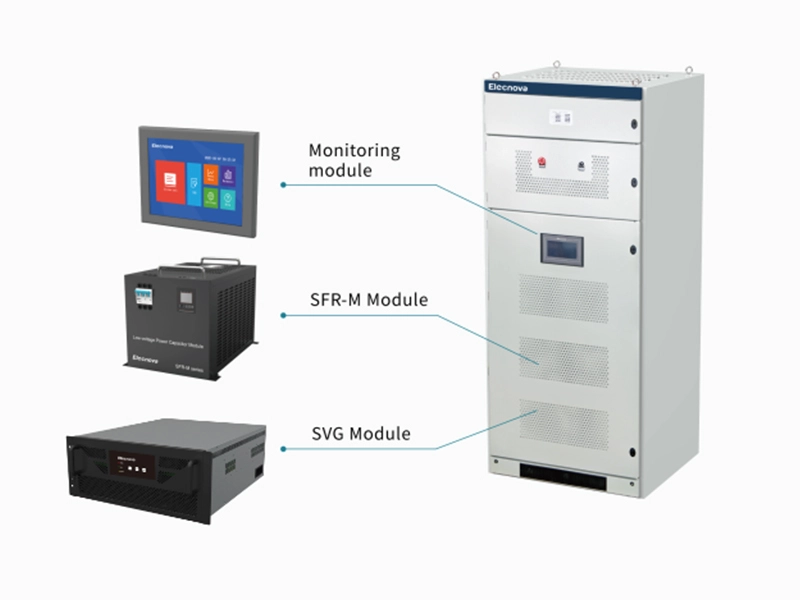

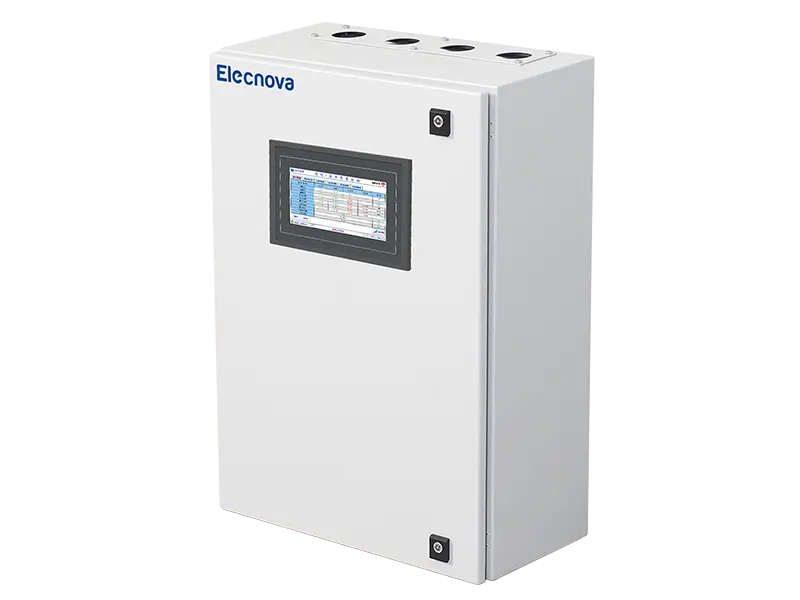
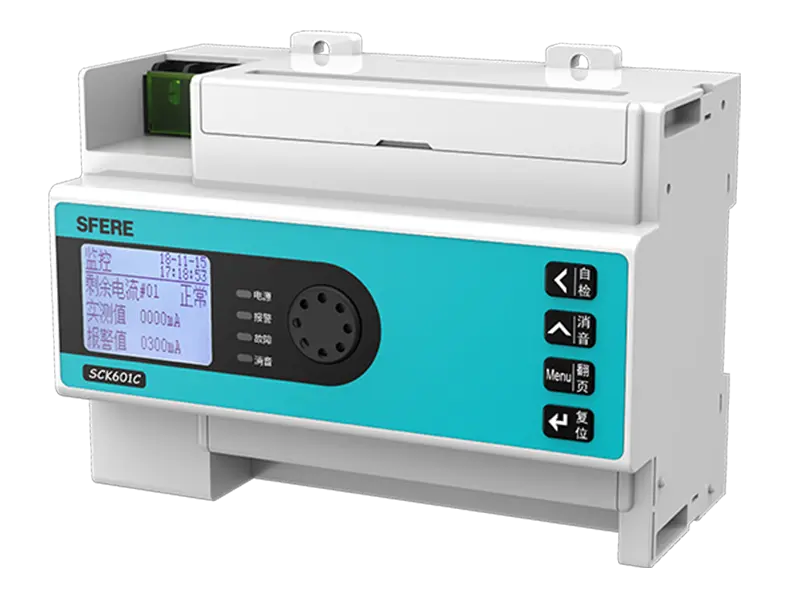

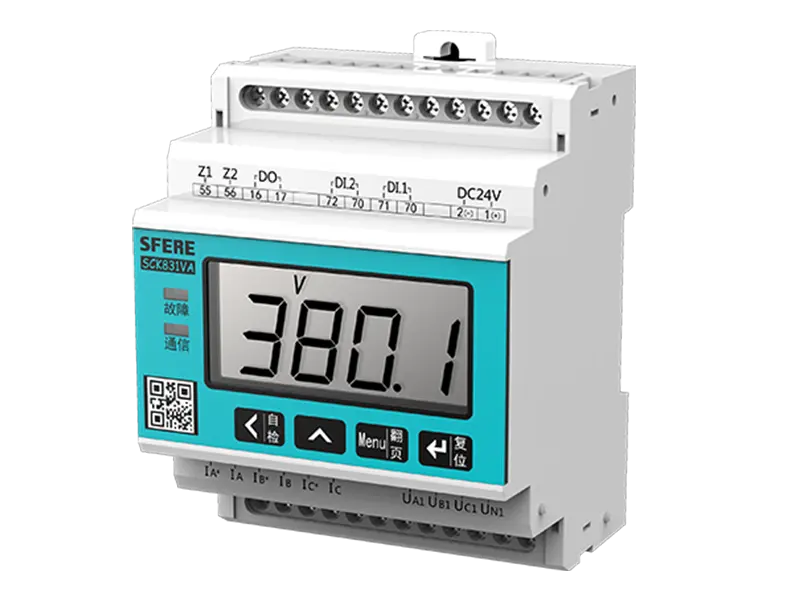
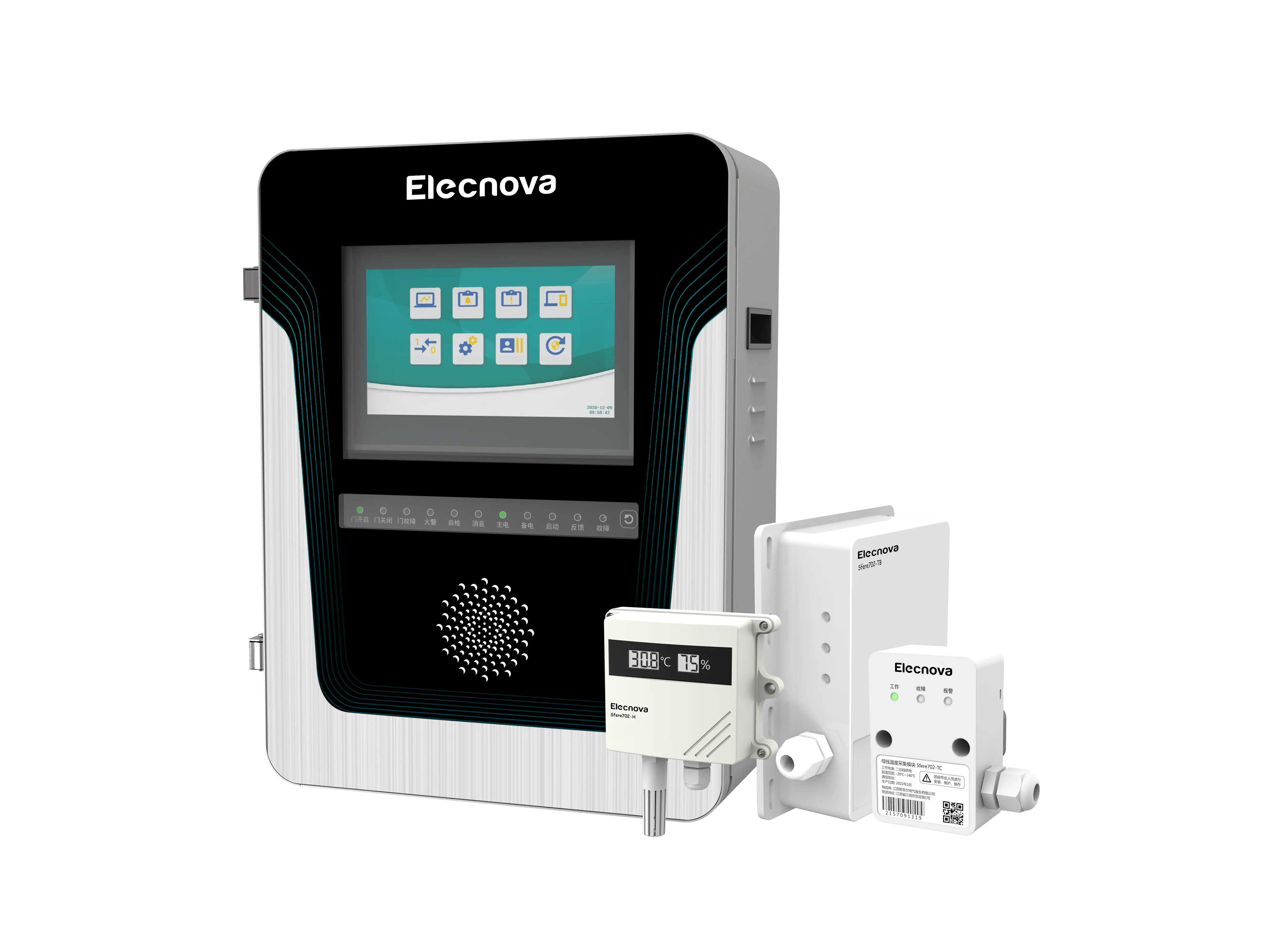



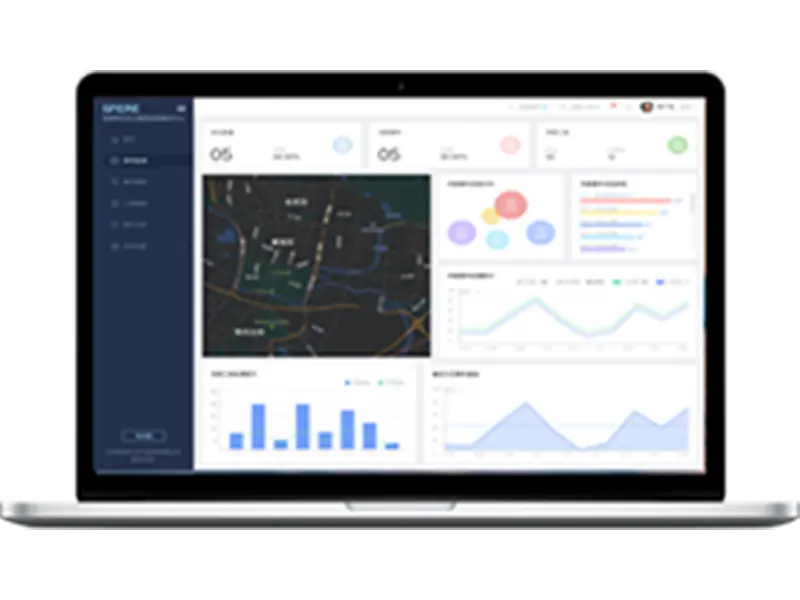
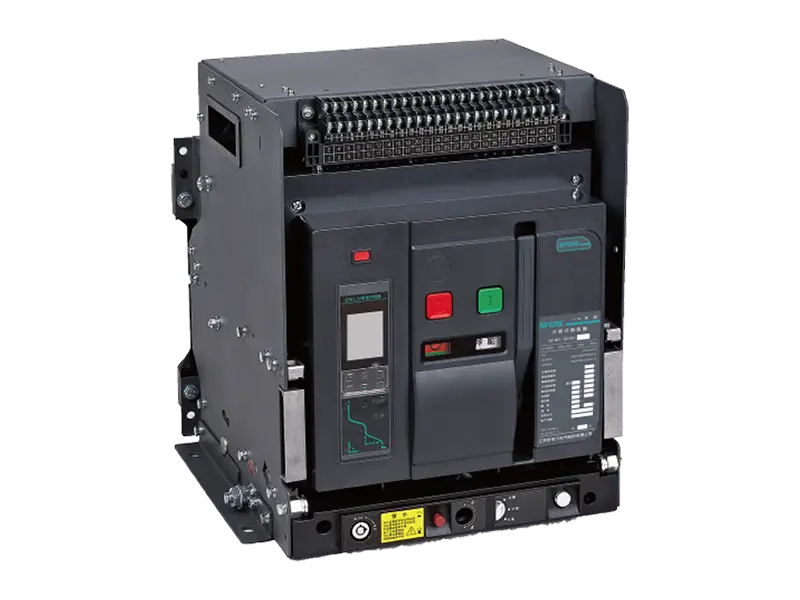
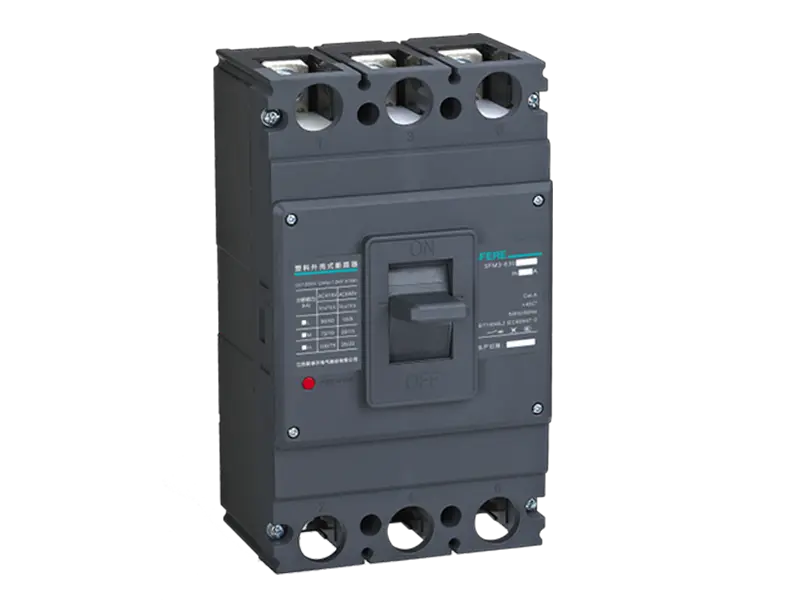








 CN
CN EN
EN
 fr
fr  de
de  es
es  it
it  ru
ru  ar
ar  vi
vi  tr
tr  th
th 

